On her dedication page, Cherene Sherrard indicates her poetry collection, Grimoire, is “[f]or the mothers.” I am left with the following question: what makes a mother a “mother?” Is it the nine months of carrying a child in the womb, giving birth, and then raising said child? Or is it simply the act of loving a child, despite not ever meeting them due to gestation or birth complications?
I ask this question because many of the speakers in Grimoire are childless, either due to miscarriages, complications, or stillbirths. Are they included in Sherrard’s dedication to “mothers”? Can they even be considered mothers without living children? These mothers in Grimoire, who have lost their babies, are Black mothers in America, and for many, they have lost their babies due to factors out of their control such as miscarriages and institutionalized racism.
0 Comments
“There are two things that happen when someone is trying to decide [...] where they are going to put your otherness,” Marra B. Gad writes in her new book The Color of Love. “For some, there is a blankness in the eyes that takes over, as if they are lost in thought,” but for others, “there is an immediate narrowing, a sharpness that engages. And it is because they don’t need to think.” For Marra, these two reactions encompassed much of her world. In the prologue, Marra describes her background as a mixed Jewish woman, half white and half black, who was adopted by a Jewish family in 1970. To Marra, the labels she identifies with don’t matter, shouldn’t matter, yet, “For many, identity is literally a black-and-white matter.” Something that is, or isn’t.
One aspect that makes poetry such a powerful form is how it is often used to tackle pertinent and even controversial topics. Race and sexuality are two timely issues, and Danez Smith tackles both of them in his book of poetry Don’t Call Us Dead. As a gay, black man in America, Smith has a unique perspective that shapes much of what he writes. In some ways, his poems speak to a very particular demographic and yet, they ring true for larger audiences.
In terms of gritty, disturbing realism, Grand Theft Auto has nothing on The Book of Aron. Told in the straightforward voice of a child who understands harshness and guilt from the earliest age, The Book of Aron gives an unflinching view of life in the Warsaw Ghetto as well as what it was like to be a child of deep poverty in the years before childhood was deemed a special and protected space. It is a tale of modernization and industrialization as well as a Holocaust tale.
Novelist Jim Shephard tells the true story of Janusz Korczak, a Jewish-Polish doctor and educator who is heroic both for his revolutionary ideas of treating children with respect and dignity as well as for the work he did running an orphanage in the Warsaw Ghetto, but he filters it through the eyes of one of the children he helped. When Shephard found Aron’s voice, a voice which has the cadence of a Yiddish curse, he found a way to tell a hero’s story while insisting the hero was quite fallible and quite human.
With the open information attitude and international connectivity brought on by the Internet age, women are challenging what it means to be wife, mother, and daughter, raising their voices to share their stories and capture the imaginations of young girls internationally. Few express this better than Mary Woster Haug, author of Daughters of the Grasslands: A Memoir.
She claims that tradition and honor are the chains that bind girls to the same limited resources that their mothers and grandmothers have struggled with. In order for girls to fight these concepts, they must often turn against their own mothers, or feel as though they are: Not a battle for the faint of heart. Raised on the grasslands of North Dakota, Haug is a modern woman born from tradition. A self-proclaimed feminist, she tells of her personal evolution away from the values that buoyed her own mother, and Haug’s effort to escape the judgement she read so plainly in her mother’s features. Haug runs all the way to South Korea, taking a year-long professorship at the University in Daejeon. What she discovers is that mother-daughter conflicts are universal. Instead of escape, South Korea is more a harsh emersion into the tensions Haug never wanted to face. |
Archives
July 2024
Categories
All
|
|
Glassworks is a publication of Rowan University's Master of Arts in Writing 260 Victoria Street • Glassboro, New Jersey 08028 [email protected] |
All Content on this Site (c) 2024 Glassworks
|

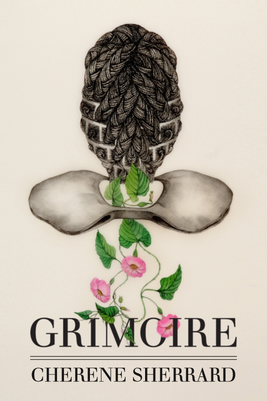
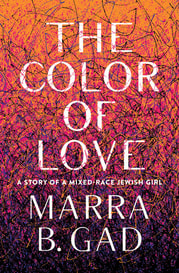
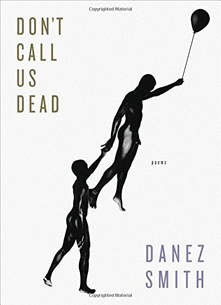
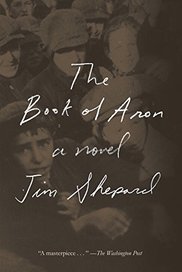
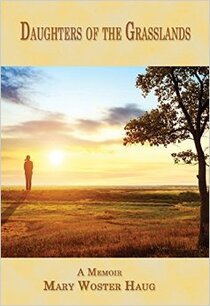
 RSS Feed
RSS Feed
